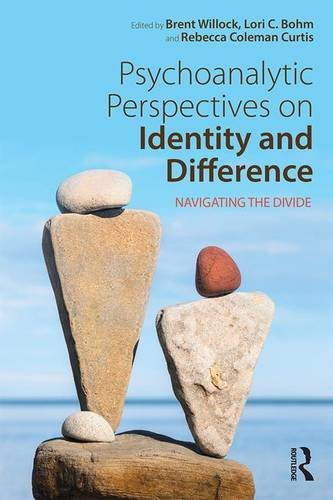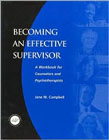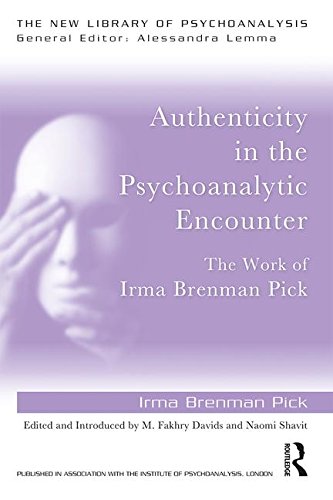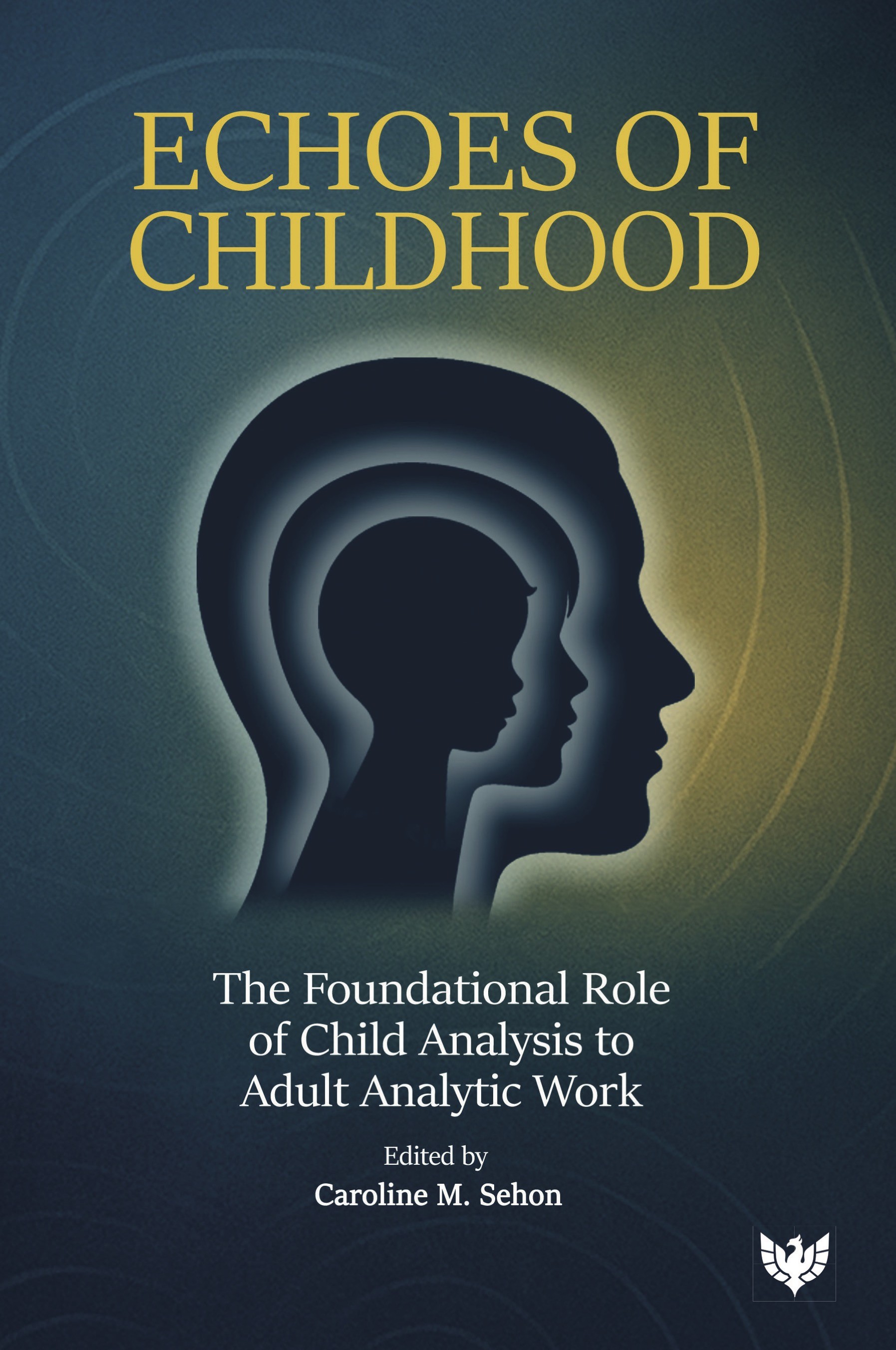Taboo or Not Taboo? Forbidden Thoughts, Forbidden Acts in Psychoanalysis and Psychotherapy
Part of The Developments in Psychoanalysis series - more in this series

Book Details
- Publisher : Routledge
- Published : 2009
- Cover : Paperback
- Pages : 404
- Category :
Psychoanalysis - Category 2 :
Individual Psychotherapy - Catalogue No : 27697
- ISBN 13 : 9781855756236
- ISBN 10 : 1855756234
Also by Rebecca C. Curtis
The Relational Self: Theoretical Convergences in...
Price £45.99
Also by Brent Willock
Also by Lori C. Bohm
Our Customers Average Rating
Read all reviews (1)





'Psychoanalysis has, from its inception, been a discipline concerned with overcoming the ill effects of certain social taboos. Given this focus, it might be assumed that psychoanalysis and its practitioners are free of the constraints imposed by restrictive taboos. This book challenges this idea by examining a sampling of the taboos that are rife in the field. It is not intended to offer a complete summary of all of the forbidden ideas, clinical procedures, behaviors and institutional practices in psychoanalysis, but rather to raise consciousness about the fact that even within a field which encourages freedom of expression, many issues remain difficult to fully discuss both in the consulting room and in professional discourse. The book provides a refreshing, thoughtful, honest look at many of the taboos present in psychoanalysis, even at this moment of greatly improved communication between the various theoretical schools in the field. Reading it provides a sense of freedom for the reader, as speaking of forbidden thoughts always does. We hope the book will inspire others to seriously consider the taboos that hamper their practices, and that further ideas on these issues will come to light.'
- Lori Bohm, from the Introduction
Taboo or Not Taboo? Forbidden Thoughts, Forbidden Acts in Psychoanalysis and Psychotherapy has been awarded the Goethe Award for Psychoanalytic & Psychodynamic Scholarship for 2009.
Reviews and Endorsements
'Few books on psychoanalysis deserve to be described as "pageturners". However, this collection of papers concerns all those topics in psychoanalysis that "cannot be spoken of". Inherently, therefore, it is one of the most intriguing books ever written by psychoanalysts for psychoanalysts. Each author reveals something that is known, yet not known, about the work that psychoanalysts do. In the current age of demand for greater transparency from professionals, this is a timely and important collection.'
- Peter Fonagy, from the Foreword
'This book is a living paradox. A taboo is something we should avoid talking about, yet here any sort of taboo is openly described and discussed in detail. Sex, money, spirituality, ageing and the analyst's need to retire, what analysts say to one another behind closed doors about their practice, the analyst's self-disclosures and enactments, to touch or not to touch a patient - these are some of the issues this book deals with, and the authors of the various chapters are among the most distinguished scholars in the field. Really a book worth reading.'
- Paolo Migone, M.D., editor, Psicoterapia e Scienze Umane
'The editors have selected authors who courageously tackle taboo topics by boldly articulating issues that cry out for candid self-examination. The result is a stimulating, nuanced consideration of inhibitions in exploring such matters as money (eg: holding onto patients for economic reasons, accepting cash payments), sexual arousal in the transference-countertransference, expressions of tenderness, the use of non-sexual touch, spirituality, telepathy, varieties of self-disclosure, deviations from the traditional analytic frame, age-related cognitive decline in the analyst, theoretical 'heresy', and other topics that typically are avoided in psychoanalytic training institutes. Clinicians of all schools and levels of experience will derive considerable benefit from this excellent book.'
- David L. Wolitzky, Ph.D,Supervisor, New York University Postdoctoral Program in Psychotherapy and Psychoanalysis
About the Editor(s)
Brent Willock, Ph.D. President: Toronto Institute for Contemporary Psychoanalysis; Ontario Society for Contemporary Psychoanalysis. Faculty: Toronto Child Psychoanalytic Program; Institute for the Advancement of Self Psychology. Advisory Board, International Association for Relational Psychoanalysis and Psychotherapy.
Rebecca Curtis, Ph.D. Director of Research and Supervisor, William Alanson White Institute; Professor of Psychology, Derner Institute, Adelphi University; Editor of Self-Defeating Behaviors, The Relational Self and How People Change.
More titles by Rebecca C. Curtis
Lori C. Bohm, Ph.D. Supervising Analyst and Faculty, William Alanson White Institute; Supervisor of Psychotherapy, Clinical Psychology Doctoral Program, City College of New York and St. Luke's/Roosevelt Hospital Center; private practice in New York City and Hastings-on-Hudson.
Customer Reviews
Our customers have given this title an average rating of 4 out of 5 from 1 review(s), add your own review for this title.
Elisabeth Hanscombe on 07/12/2010 16:06:27




 (4 out of 5)
(4 out of 5)
In this book, psychoanalysts, Brent Willock, Rebecca Curtis and Lori Bohm have edited a series of essays on a range of topics that are considered taboo within psychoanalytical discourse. The essays are written with passion by psychoanalysts concerned to open up a meaningful dialogue in areas within our psychoanalytical work that have traditionally been considered 'unspeakable'.
Although the book is written by and directed at psychoanalysts, it applies equally to psychoanalytical psychotherapists. A discussion about the differentiation between psychoanalysis and psychoanalytic psychotherapy could be considered another area of taboo, and certainly one that warrants consideration. However, this controversial area is not considered in the book. Many other taboos are. Overall this is a book to be read thoughtfully, with plenty of time and space given to stop, pause and reflect on these new ideas about old unspoken territory. As Fonagy argues at the book's beginning, 'Addressing taboos is about making the mind of the analyst real . [while] changes require taking the human mind to places where it least wishes to be' (p. xvi). This is a timely collection.
You may also like
Becoming an Effective Supervisor: A Workbook for Counselors and Therapists
Jane Campbell
Price £44.99
Authenticity in the Psychoanalytic Encounter: The Work of Irma Brenman Pick
Irma Brenman Pick
Price £36.99
Echoes of Childhood: The Foundational Role of Child Analysis in Adult Analytic...
Caroline M. Sehon
Price £28.79
save £3.20










